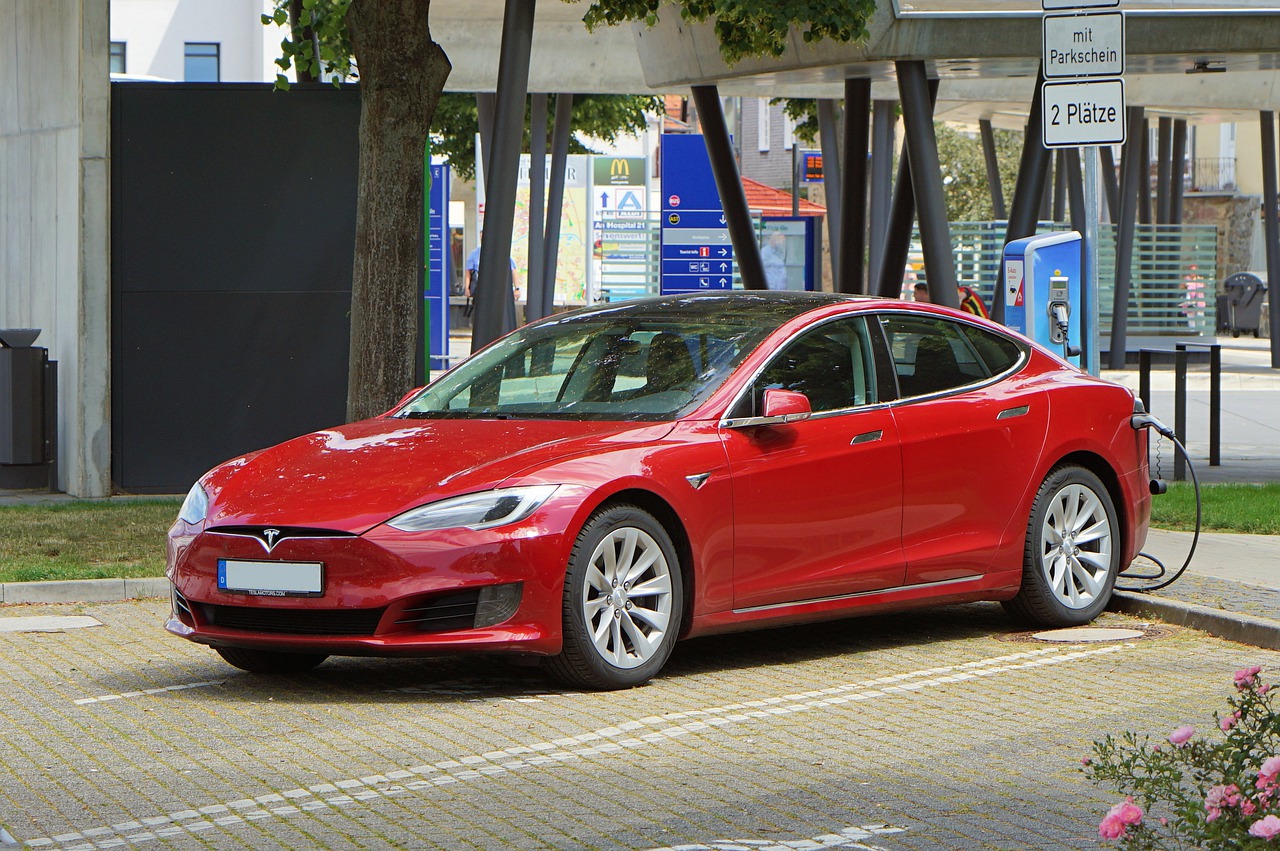A recent report suggests that car batteries are failing more and more frequently. In our experience, a car’s battery always seems to give out at the most inconvenient time!
So, what is the reason for this sudden increase in reports of battery failure? And what can you do to prevent a fault in your vehicle’s battery?
Keep reading for everything you need to know about the reasons for automobile battery failure and the solutions to fix them.
1. Extreme Temperatures
The first factor that can cause car battery sudden failure is exposure to extreme temperatures. Adverse weather conditions are one of the most common reasons for the battery to fail in your car.
Car batteries are manufactured and their lifespans are estimated according to the presumption that they will run at around 77°F. When the temperature goes above or below this by a significant amount, the battery of your car can become faulty.
It is impossible, of course, to do anything about the weather conditions. There are, however, several steps you can take to counteract the weather and make your vehicle less likely to succumb to a fault.
If you live in an area where the temperature frequently falls to 32°F, you can take steps such as keeping your in a garage if possible and making sure you run the car engine for at least 15 minutes a couple of times a week.
Meanwhile, if you live somewhere where the temperature hits 92°F, try to keep your car parked in a shaded area. You can also cut down on unnecessary battery drains, such as navigation systems, using the car to charge your phone, and running a DVD player.
2. Old Age
Next on our list of reasons for battery faults is old age. Each battery functions differently, according to the model of the car and how well you take care of it. A guide you can go by is three to five years, with hotter climates tending towards the lower limit and colder regions tending towards the upper.
Although all car batteries will inevitably expire when they come to the end of their lifespan, there are several things you can do to extend their longevity.
First, try to limit frequent short journeys. Your car should be driven a minimum of once every two weeks to keep the battery ticking over, but if you are frequently making short journeys, this stops the battery from being able to recharge fully.
Next, make sure you turn off all lights in your car when exiting the vehicle. Leaving car lights on overnight can be a huge drain on the battery. Finally, try not to use unnecessary functions while the car is idling, such as the air conditioner or radio.
3. Repeated Cycling
Another of the top battery failure reasons is repeated cycling. This refers to when the car battery goes from being fully charged to completely discharged on a frequent basis. This reduces the battery’s capacity and lifespan.
Repeated cycling causes the active material in the battery to be irrevocably lost from the positive plates, so the more frequently the battery drains completely, the more time is taken off its lifespan.
To prevent battery failures associated with repeated cycling, make sure the car battery is never fully drained. If the battery is fully drained, this is a scenario where the battery has to be jumpstarted with cables from another vehicle.
Make sure you give the battery enough time to rest after long journeys and return to a state of fuller charge.
4. Improper Care
Next, another of the major causes of car battery failure is not taking proper care of your vehicle and its battery throughout its life. The best place to start when considering how to take good care of your car’s battery is by reading the vehicle manual.
This will give you instructions specific to your car’s make and model and will let you know the battery should be maintained.
Next, to avoid the battery terminals wearing away due to corrosion, the battery acid should be cleaned away from the connections regularly to make sure that the battery reaches its full charging capacity.
Vibrations within your car’s engine can also cause faults to the battery. The battery should be mounted securely, and the engine’s general health should be regularly checked by a mechanic to make sure everything is in good working order.
Finally, it’s important to be aware of your car battery’s reserve capacity. For more information about what a reserve capacity is and why it matters, check out this guide.
5. Over-Discharge
The last of the major types of battery failure to discuss is over-discharge. Over-discharge, also known as deep discharge, refers to when a vehicle is consistently used or kept in a state of low battery charge and reaches the point where it cannot regain battery charge capacity.
Over-discharge causes hydration, where lead hydrate is deposited on the battery’s separators. If a mechanic can identify hydration within the car’s battery, unfortunately, the situation is past the point of return, and the cell had undergone irreparable damage.
Avoid over-discharge of your car battery by not engaging in stop/start motoring, and allowing your vehicle to recharge after extended periods of driving.
That’s Everything You Need to Know About Battery Failure
You now know the main reasons why battery failure occurs, as well as what you can do to prevent it from happening. While all car batteries have a finite lifespan, this can be significantly extended with the proper care and maintenance.
If you found this article about preventing car battery faults helpful, make sure you take a look at our other automobile posts!







